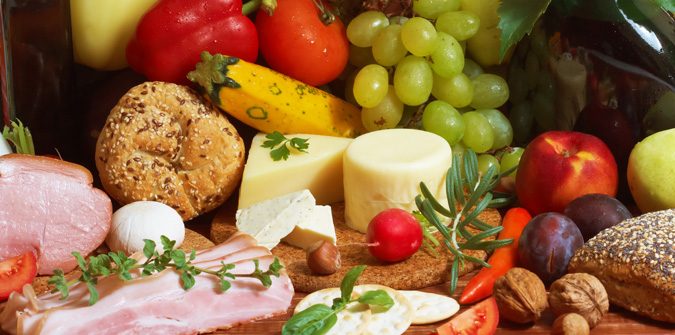Healthy Eating Organic
The market for organic food was worth approximately £2 billion in March 2008 and most consumers were households with children under the age of 15. They were spending on average £37 million each week on organic produce, mostly in the south-east of England. The organic sales had enjoyed significant growth over 15 years until the recession caused sales to fall in the UK to £1.8 billion in 2009. The supermarkets noticed that consumers were spending their money on cheaper non-organic produce and organic box schemes sales also fell. The soil association feel that consumer confidence this year is returning. However, health professionals have raised concerned in the past about families getting ‘confused’ about healthy eating messages and that the most important priority is getting children to eat more fruit and vegetables rather than focus on giving them expensive organic produce, especially in families managing a tight budget. So in this tough economic climate you may ask yourself what are the benefits to spending more money on organic produce:
Pros
Cons
Pros
- General much lower residues of chemicals and antibiotics that could be potentially dangerous. Only a handful of chemicals (as opposed to 300 used in standard farming) are allowed in organic farming under the UK by registration of Organic Food Standards (UKROFS).
- Studies have frequently show that over the past 50 years with intensive farming techniques the levels of nutrients in our foods have declined by up to 75%.
- Trials suggest that as the crops are grown for a longer time they taste superior to intensively grown crops and animal produce.
- There is a growing body of evidence which shows that on average organic foods have higher levels of iron, calcium, magnesium, phosphorus and vitamin C.
- According to the Soil Association ‘organically produced crops and dairy milk usually contain more beneficial compounds such and vitamins and antioxidants. Research has shown up to 40 per cent more beneficial compounds in vegetable crops and up to 90 per cent more in milk’.
Cons
- They are more expensive usually 50-70%.
- Some organic produce needs to be eaten quickly as it contains no preservatives.
- Some say the UK organic standards (UKROFS) are still too low and some organic chickens are still kept in cages and fish farmed. Organic chicken and eggs can come from hens given 20% non-organic feed.
- Also some organic produce may have been flown in from overseas and gathered many air miles. The organic standards of country of origin may not be as high as the UK.

